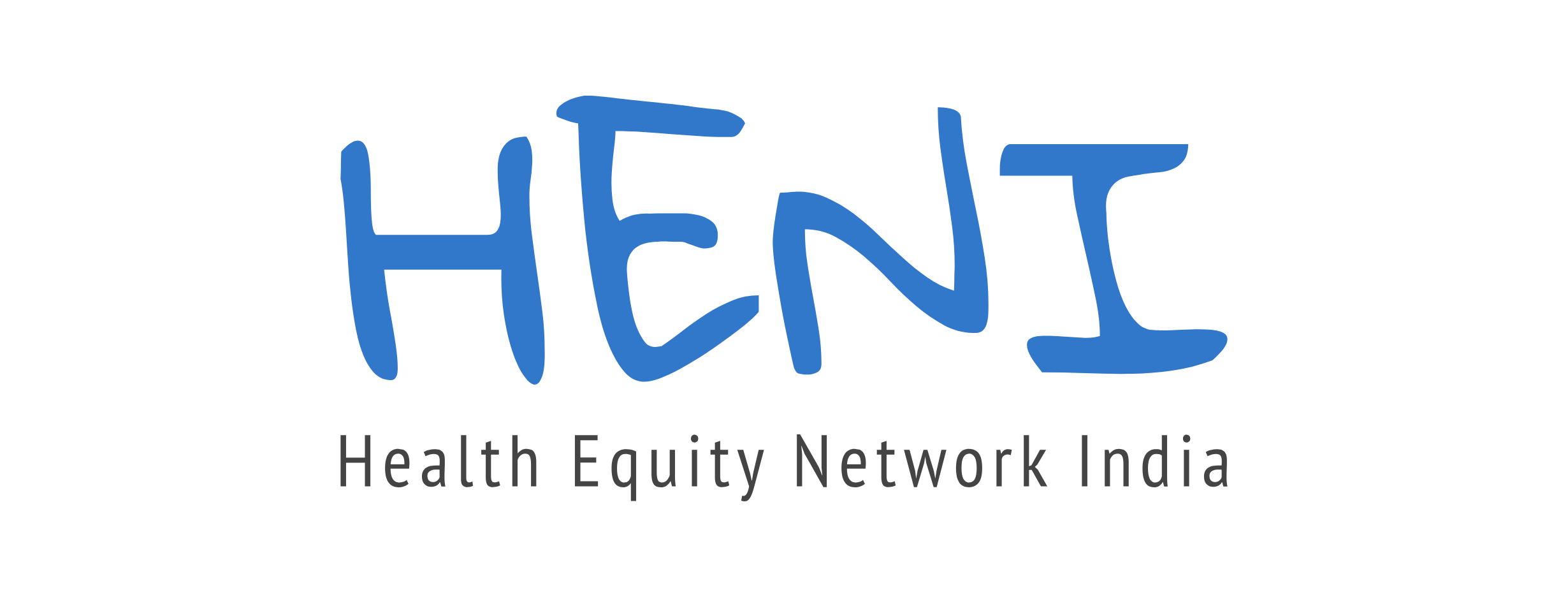East coast road and its end
Sumitha.T.S.
My first official visit on behalf of Pallium India was to the once French colonized serene shore of Puducherry. I arrived at Chennai by flight and sat in the airport waiting for my colleague to arrive in another flight. We would have to take a cab from there to Puducherry. Indians in Chennai made me feel that it is the most caring and safest place; I should admit the fact that I have not travelled much but isn’t true to say not at all.
After she arrived, we located our cab driver and we started our journey through the east-coast road. On the way my colleague asked him whether he had ever seen any cancer patients. He replied that his previous employer’s sister suffered from cancer. He had worked with them for more than a decade and so he knew the story but not in detail. She had lost her husband at a young age; raised two children and got them married. After diagnosis, she lived with her sister, the cab driver’s employer. No health care workers visited her at home but she never used to show her pain to others. That was her way! She is now no more.
Our journey ended with our visit to the palliative care physician, Dr. Srikant. He had another story to tell. A lady with percutaneous endoscopic gastrostomy feed due to cancer hypopharynx came to him for euthanasia. Let us leave these medical terms and use simple English: a woman in her fifties came to him with the request to kill her or to facilitate a comfortable death as early as possible. She could not take food orally as she was suffering from cancer and was taking her feed through a not so acceptable route. She was suffering from severe pain and breathlessness during her meeting with Dr.Srikant and his team, and was well aware of her diagnosis and prognosis. The matter that was haunting her most was not physical; her care giver was her daughter who dropped out of school when she was in eleventh, to look after her mother. She was feeling guilty for ruining her daughter’s life – by not dying. Her symptoms responded to treatment, pain killing medications or analgesics which most of the palliative care physicians are fighting for and its adjuvants were given. Tracheostomy was done for breathlessness. She was fond of Mysore pak and and dosa and expressed her desire to have them during her three-week stay in Sri Venketeshwara Medical College Hospital, Puducherry, where Dr. Srikant and his team practised palliative care. As she could not swallow, the palliative care team took pieces of her favorite food items and allowed her to keep it in her mouth for some time and then spit it out. Her taste buds and her inner soul would have been happy at that moment. Is it happiness alone? She also expressed her dream to see her daughter as a doctor. The palliative care team took a photo of her daughter wearing coat and stethoscope so that the mother could see what she would look like.
During discharge, they provided a pedal type suction apparatus and the daughter was taught to take care of the tracheostomy. Periodic follow up was done over the phone. After two months, when the team visited her house, she recognized them despite her weakness and asked her daughter to serve them juice. Imagine, a sick lady recognizing her health care providers during her end stage, laughing at them and offering them juice, that too through actions or signs. What other appreciation does a health care provider need to be happy and satisfied? One week later, the news of the departure of that loving mother reached the team. Now, her daughter has rejoined school to make her mother’s dream a reality. The “nanban team” of Sri Venketeswara deserves a loud round of applause.
It was time to return home. Again, through the east-coast road back to Chennai airport. I expected it to be a lonely journey as my colleague had left the day before. But the driver started talking to me. He was no different from other Tamilians I have heard so much of. He started his talk with movies, Basha re-release and so on. But I felt proud that he accepted Mohan Lal and Malayalam story lines as well. I started calling him “Saitu paappa” as his name was synonymous with ‘rich man’. He told me that he had been the school topper in tenth grade, but had met with an accident in the twelfth. He was in bed for about a year with fractures and then could not continue his studies as his mother was ill by the time he recovered. In Puducherry, nobody diagnosed his mother’s disease, but one clinic referred her to CMC, Vellore, where she was diagnosed with blood cancer. She was treated there for a few months but passed away. After that, his family – father, sister, and two younger brothers – lived in different places for a few years and were unable to cope after his mother’s death.
This made me wish there were more “nanban teams” in different parts of the world; the world would indeed have been a more delightful place to live in!
For blogs in palliative care , please visit the website: http://palliumindia.org/:
